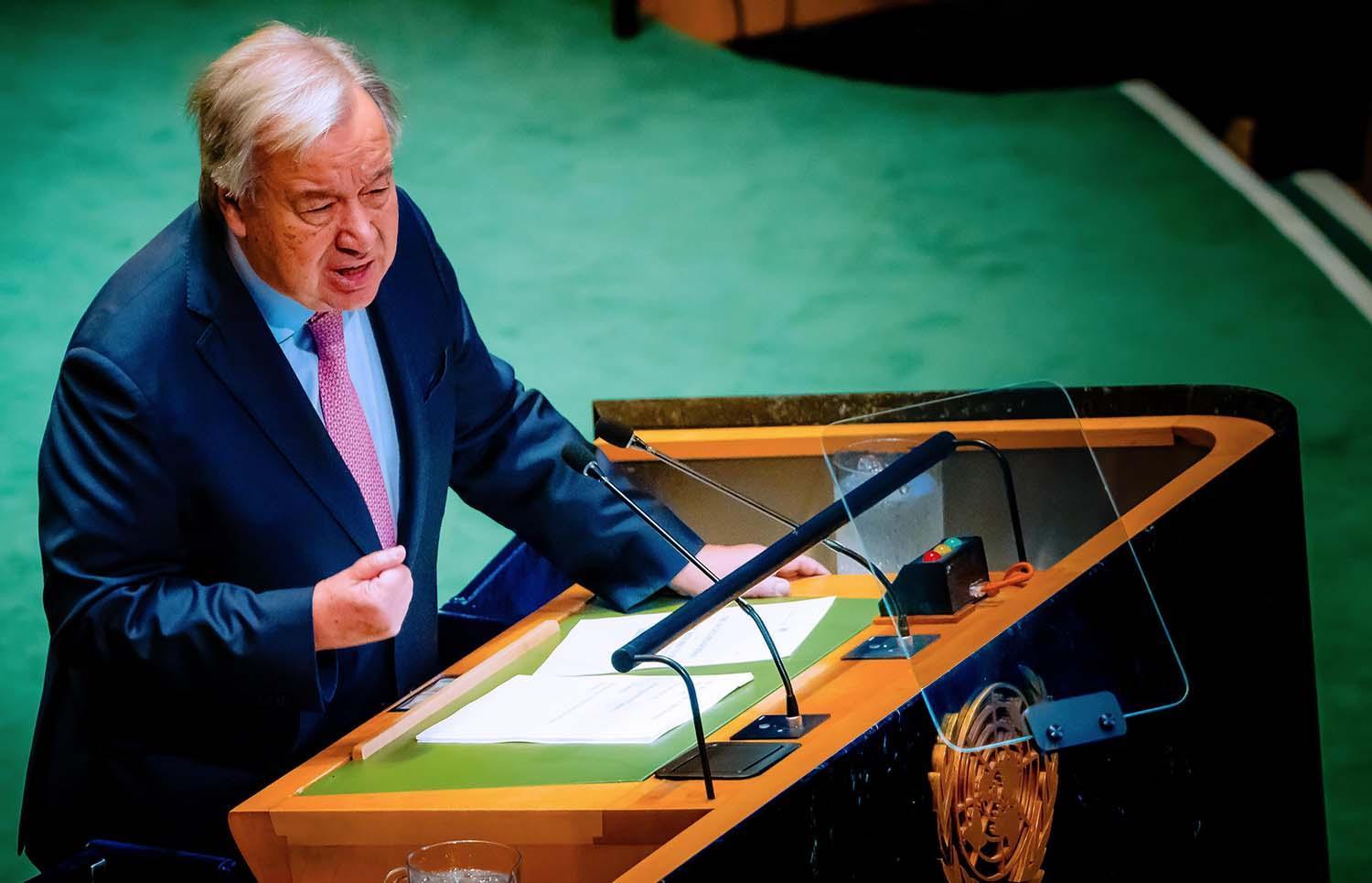Africa-Press – Angola. Prevention is the essential strategy to stem the flow of drugs that fuels organized crime around the world, said United Nations Secretary-General Antonio Guterres on Thursday.
In his message marking the International Day Against Drug Abuse and Illicit Trafficking, published on the UN’s official website, Antonio Guterres stresses that the global trade in illicit drugs continues to have a devastating impact, it claims lives, overburdens public health services, and fuels violence and organized crime.
The UN Secretary General stresses that drug trafficking is destroying communities with increasingly potent, dangerous, and deadly substances. At the same time, criminal networks exploit the most vulnerable—especially women and young people—while raking in hundreds of billions of dollars a year through the illicit drug trade, according to the message posted on the official UN website.
The Secretary-General said he believes that demand reduction should be achieved through investment in education, treatment, harm reduction measures, and care.
“Attacking the production system by eliminating illicit laboratories and offering viable alternatives to farmers means cutting off trafficking networks by strengthening global trade routes and blocking the financial flows of criminal networks, while always ensuring respect for human rights,” the message reads.
The UN chief called on everyone to commit to ending drug abuse and trafficking, joining forces to dismantle criminal networks and break the cycle of suffering and destruction once and for all.
The UN General Assembly decided to observe June 26 as the International Day Against Drug Abuse and Illicit Trafficking as an expression of its determination to strengthen action and cooperation to achieve the goal of an international society free from drug abuse.
According to the 2024 World Drug Report released by the United Nations Office on Drugs and Crime (UNODC), although an estimated 64 million people worldwide suffer from drug use disorders, only one in 11 is in treatment.
For More News And Analysis About Angola Follow Africa-Press






